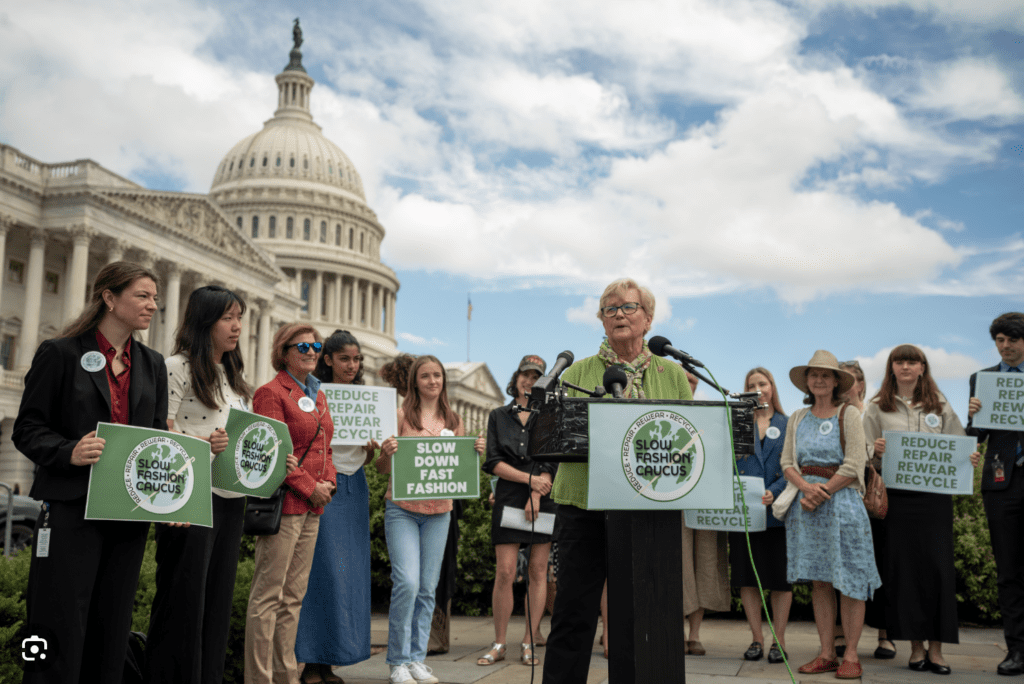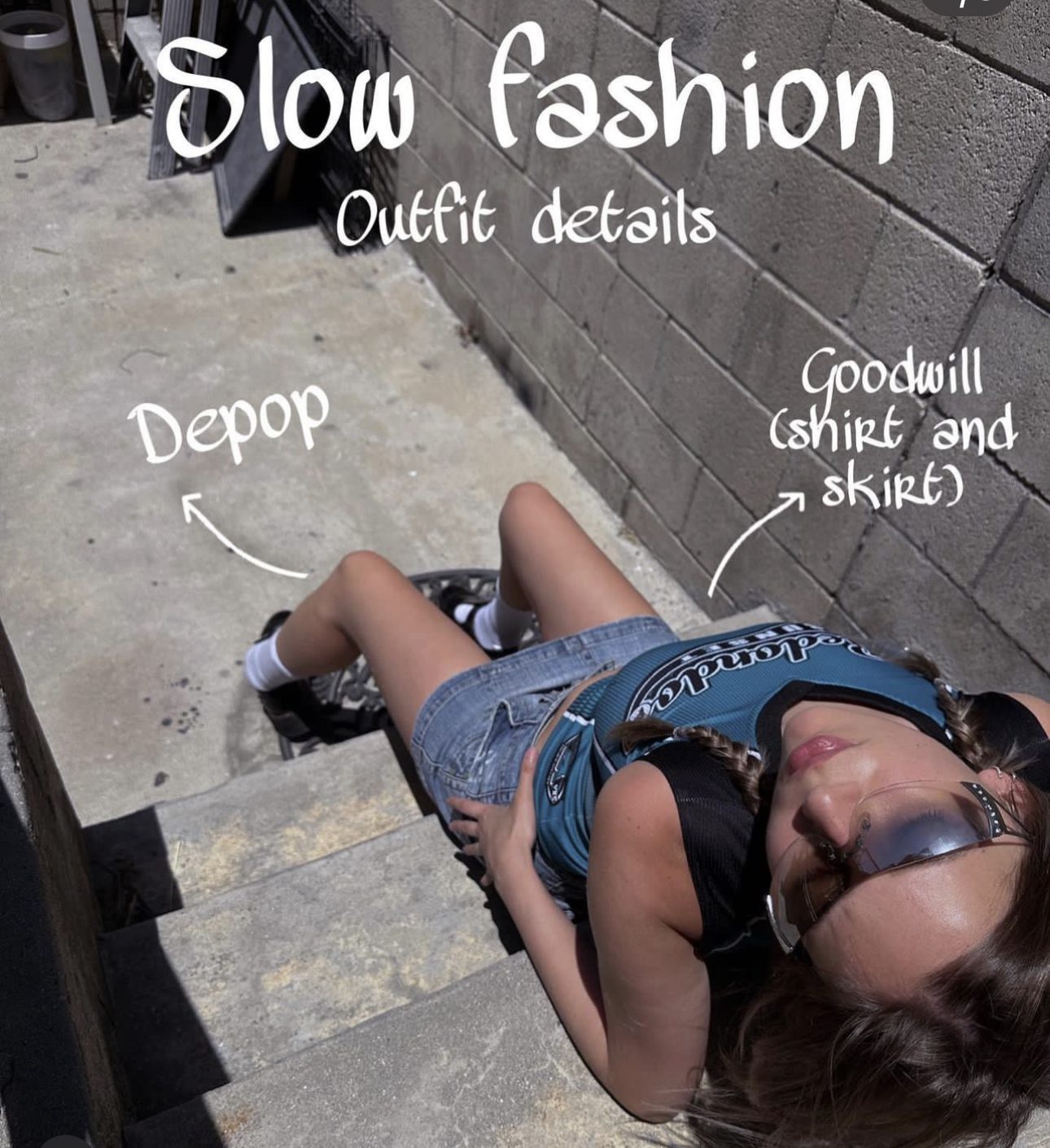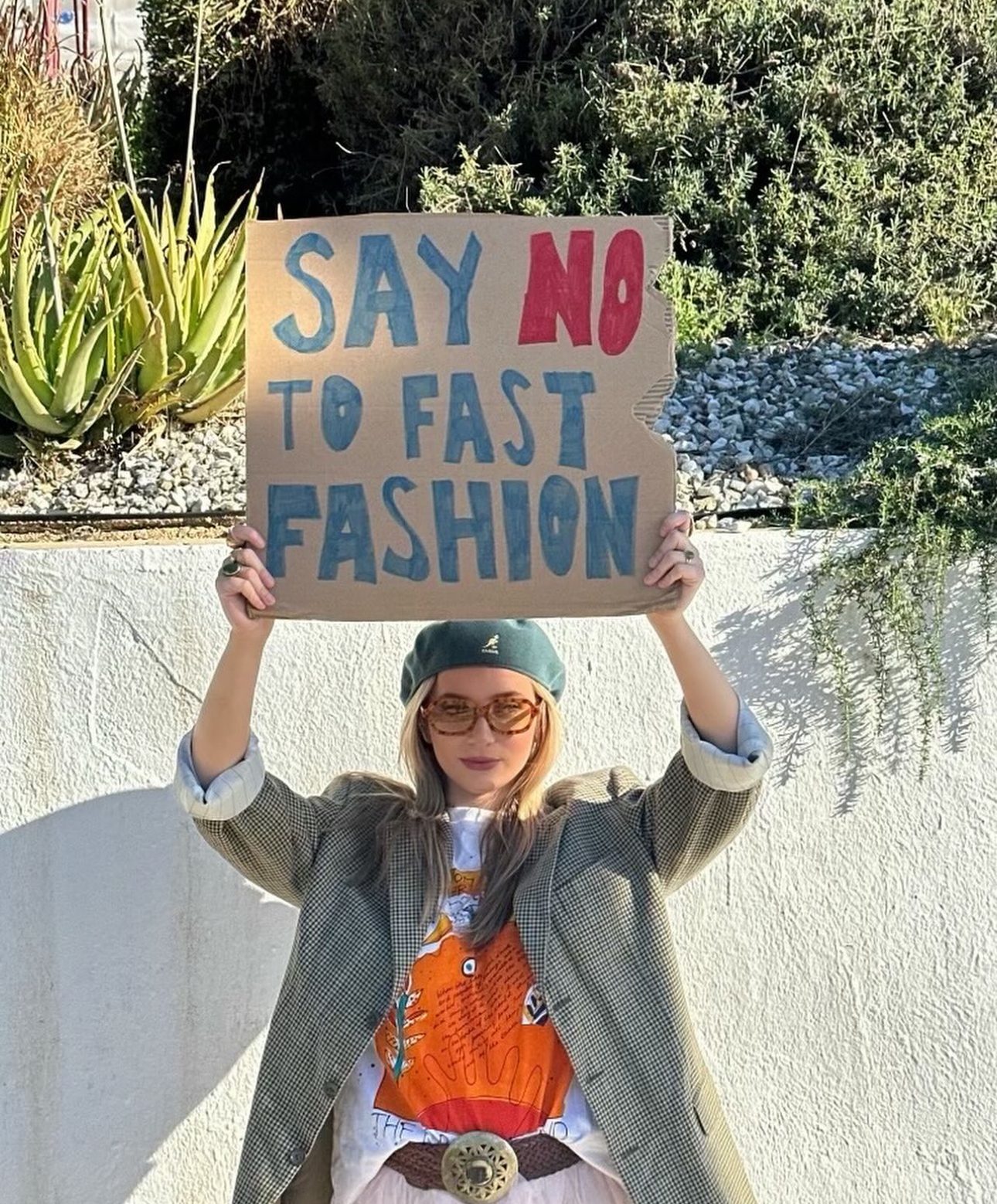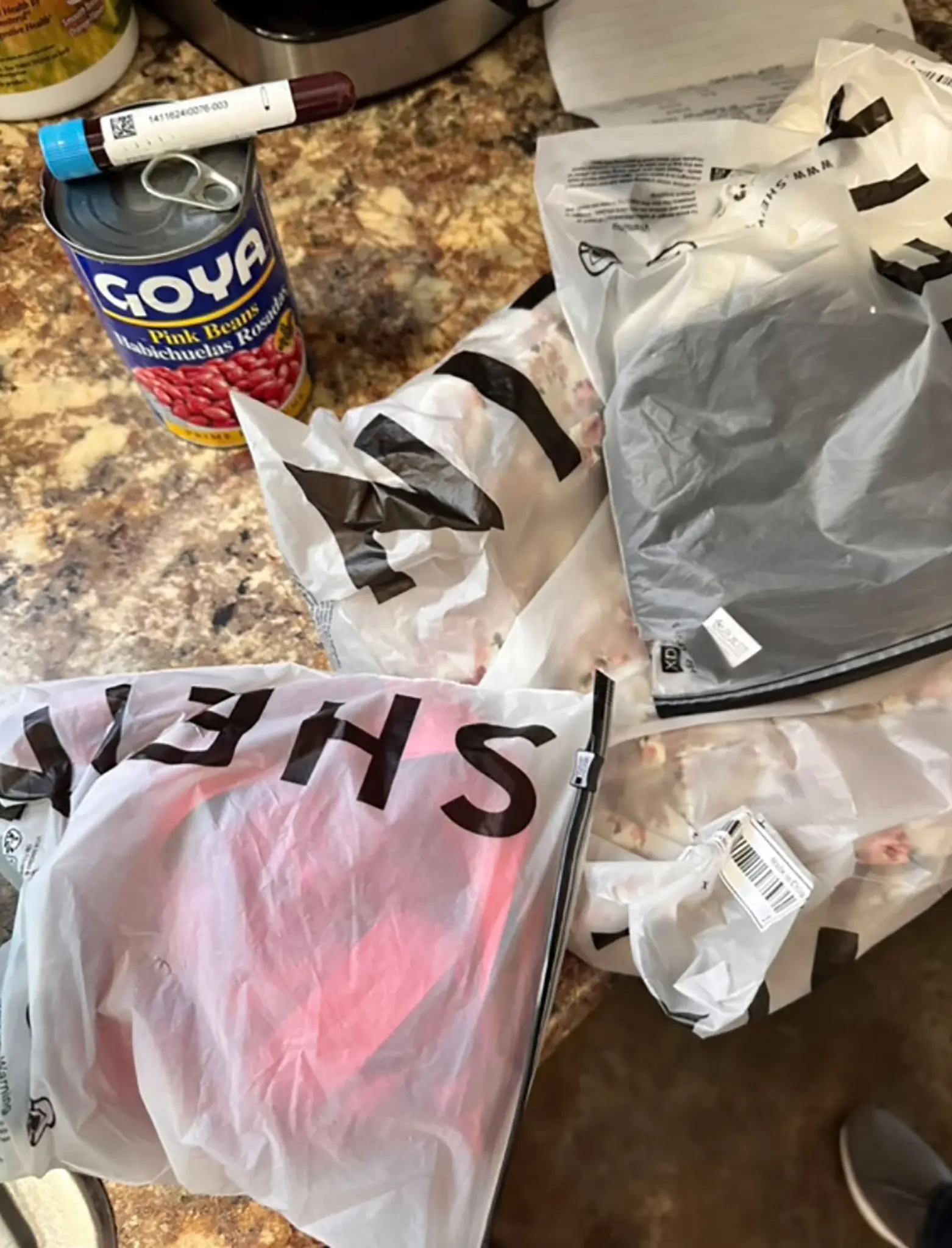It’s about time! After years of watching Europe, especially fashion-forward France, make strides in sustainable fashion, Congress is finally jumping on the bandwagon. European leaders have been busy bees, rolling out legislation that nudges fashion brands towards greener practices and encourages consumers to shop more sustainably. Across the pond, such regulatory dreams have seemed far-fetched for the U.S.—until now.
We’ve seen some movement, like a bipartisan effort to cut China out of de minimis trade benefits, aiming to make fast fashion giants like Shein less wallet-friendly. Critics argue this might be a bit Sinophobic, given the wider scrutiny on Chinese-owned businesses in the U.S., from Shein to TikTok. But hey, at least it’s a start, right?
Enter the Slow Fashion Caucus
Brace yourselves for the game-changer: the Slow Fashion Caucus, introduced by Rep. Chellie Pingree (D-Maine). Teaming up with eco-friendly brands like Patagonia and ThredUp, this initiative is set to spread the gospel of sustainable fashion and push for legislation that will get us all shopping and dressing more thoughtfully. On June 27, 2024, Pingree, alongside Reps. Marie Gluesenkamp Perez (D-Wash.) and Sydney Kamlager-Dove (D-Calif.), announced the first-ever Congressional Slow Fashion Caucus to curb fast fashion pollution through climate-smart policies. The members were joined by sustainable fashion industry leaders and stakeholders, including Patagonia, ThredUp, the Garment Worker Center, and more for the launch event and press conference on Capitol Hill.
“Let’s face it: Climate change has been an abstract concept for people and often confusing, and there’s a lot of misinformation and disinformation out there,” Pingree shared in a recent phone interview. “People are often confused about what to believe. I think we’ve separated fashion from it.”
Pingree’s mission is clear: it’s time for the government to support this issue. The caucus aims to demystify sustainability, making it less of a headache and more of a lifestyle shift. And honestly, it’s about time our wardrobes caught up with our values. The fashion industry is responsible for more carbon emissions than all international flights and maritime shipping combined. That’s why the Slow Fashion Caucus aims to create climate-smart policies to reduce, repair, rewear, and recycle textiles.

Founding Members and Principles
The caucus has garnered support from several members of Congress, forming a diverse and dedicated team. Founding members include Representatives Chellie Pingree (D-Maine, Chair), Marie Gluesenkamp Perez (D-Wash.), Grace Meng (D-N.Y.), Julia Brownley (D-Calif.), Sydney Kamlager-Dove (D-Calif.), Jerrold Nadler (D-N.Y.), Jan Schakowsky (D-Ill.), Earl Blumenauer (D-Ore.), Kathy Castor (D-Fla.), Jared Huffman (D-Calif.), Alexandria Ocasio-Cortez (D-N.Y.), and Jill Tokuda (D-Hawaii).
Their mission is supported by a set of core principles to promote a circular economy for textiles:
- Incentivize Reuse, Repair, and Recycling: Encourage the apparel industry to adopt practices that extend the life cycle of textiles.
- Develop Circular Economy Policies: Drive the industry towards reducing natural resource consumption by designing products that can be reused, repaired, and recycled.
- Promote Reuse and Recycling Infrastructure: Build systems to support the collection and processing of used textiles, ensuring they retain value.
- Build Public Awareness: Educate consumers about the environmental impact of fast fashion and the benefits of a circular economy.
- Bring Textile Production Back to the USA: Support domestic production to meet the rising demand for sustainably produced products.
- Support Sustainable Fibers: Encourage the use of plant and animal-based fibers like cotton, flax, hemp, wool, and alpaca to reduce the reliance on virgin materials.
- Expand Federal Initiatives: Leverage existing government efforts to promote textile sustainability, aligning with President Biden’s goal of reducing U.S. greenhouse gas emissions by 50–52% from 2005 levels by 2030.
The Power of Collaboration
The Slow Fashion Caucus is backed by numerous organizations that share its vision. These include the American Sheep Industry Association, Pennsylvania Fibershed, Apparel Impact, Remake, American Circular Textiles, Fibershed, Climate Reality Project, Sustainable Agriculture and Food Systems Funders, Industrial Commons, Goodwill of Northern New England, Patagonia, ThredUp, Garment Worker Center, Helpsy, Kelly Dempsey, Accelerating Circularity, Custom Collaborative, The RealReal, L.L. Bean, Fibers Fund, and many more.
Statements of support emphasize the critical need for cohesive federal policy to support textile circularity and eliminate waste. For instance, Alon Rotem, Chief Legal Officer of ThredUp, said, “The launch of the Slow Fashion Caucus gives us a powerful new platform to forge ahead. We look forward to working with like-minded organizations and policymakers to advance the fashion policy agenda, change incentive structures to benefit our shared planet and resources, and ultimately create a more sustainable fashion future for generations to come.”
The Path Forward
Pingree’s initiative is a significant step towards addressing the environmental impact of the fashion industry. The Slow Fashion Caucus is not just about slowing down fast fashion; it’s about creating a sustainable, equitable, and circular fashion ecosystem that benefits everyone from consumers to garment workers. As Pingree and her colleagues push forward with this agenda, they aim to set a new standard for the fashion industry and inspire global change.
Watch the official launch of Congress’s first-ever Slow Fashion Caucus to see the beginning of what promises to be a transformative journey for the American fashion industry and beyond. With the collective effort of policymakers, industry leaders, and consumers, we can move towards a more sustainable and responsible fashion future.
Fashion Meets Legislation
Pingree didn’t mince words about the importance of the Slow Fashion Caucus. By working with trailblazers like Patagonia and ThredUp, the caucus is poised to lead the charge towards a fashion industry that’s kinder to the planet. It’s not just about buying less; it’s about buying smarter. The goal? To turn sustainable fashion from a niche market into the new normal.
So, what about Shein, the fast fashion behemoth clogging American closets with cheap threads? Pingree acknowledges her colleagues’ efforts to curb Shein’s influence. Making fast fashion pricier through trade policy tweaks is a step, but it’s not the silver bullet. She believes the real magic happens when we, as consumers, start demanding better from our brands—and that’s where the Slow Fashion Caucus comes in.
Lexy’s Take
Alright, folks, let’s cut to the chase. Congress is finally making moves, but let’s not give them a standing ovation just yet. Sure, the Slow Fashion Caucus is a step in the right direction, but why has it taken so long? While Europe’s been busy drafting and enforcing sustainability regulations, our politicians have been dragging their feet, seemingly more interested in optics than action.
If Congress is serious about sustainable fashion, they need to pull out all the stops. Here are a few things they could and should be doing:
- Tax Incentives for Sustainable Brands: Offer tax breaks to companies that prioritize eco-friendly practices. Make it financially beneficial to go green.
- Stricter Import Regulations: Beyond just tweaking trade policies to make fast fashion more expensive, let’s enforce stricter environmental standards on imported goods. If it doesn’t meet sustainability criteria, it doesn’t enter the country.
- Consumer Education Programs: Launch nationwide campaigns to educate consumers on the impact of fast fashion. Knowledge is power, and informed shoppers make better choices.
- Support Local Manufacturing: Invest in local, sustainable manufacturing. Create jobs and reduce the carbon footprint associated with overseas production.
The truth is, we’re playing catch-up, and it’s not a good look. Our leaders have a real opportunity here to lead the charge in sustainable fashion. But it’s going to take more than just a caucus and some partnerships. We need bold actions, not just bold statements. So, here’s hoping Congress can finally match Europe’s pace and get us on track for a greener, more stylish future.
Let’s embrace the slow fashion movement and make our wardrobes a force for good. Who knows? With a little effort, we might just turn sustainable fashion into the new chic.
If you’d like to contact email me at LexySilverstein@eLEXYfy.com

Remember to Make Ordinary Extraordinary!
Follow me on my socials:
- Instagram: @lexysilverstein
- Youtube: Lexy Silverstein
- Twitter: @eLEXYfy
- TikTok: @lexysilverstein
- Facebook: Lexy Silverstein
- Liketoknow.it/lexysilverstein










